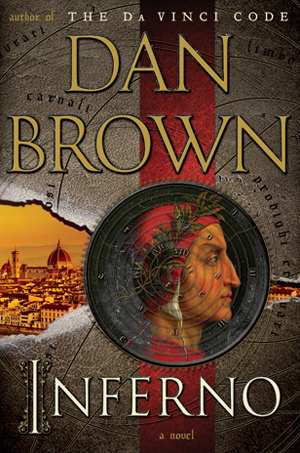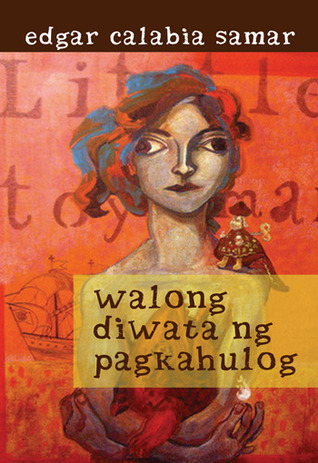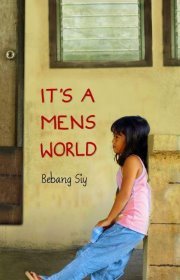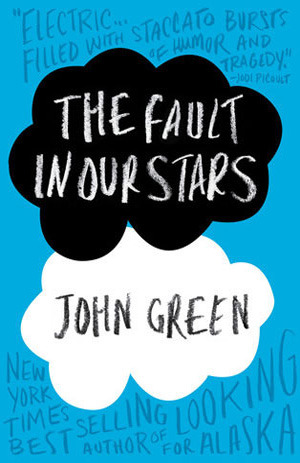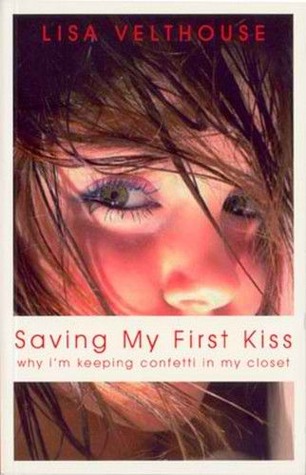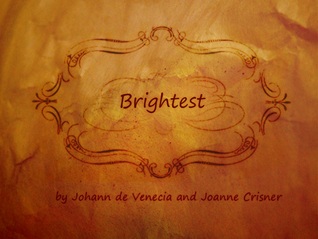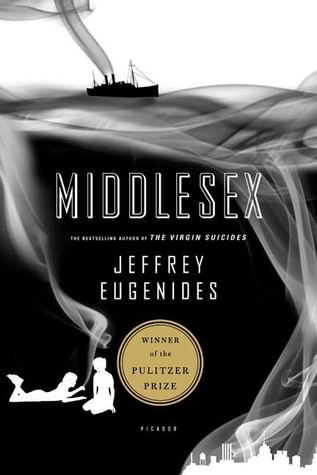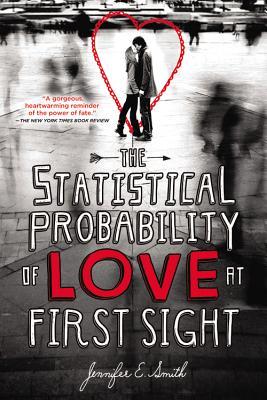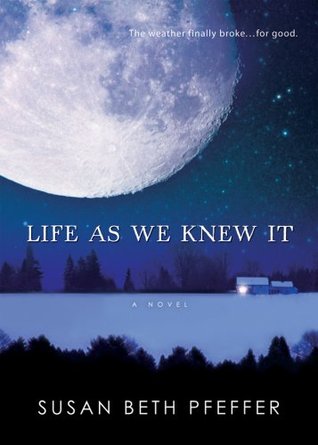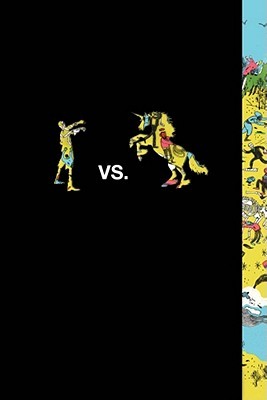
I wouldn’t really dub myself as an anthology aficionado as far as I can tell. There’s an eddying mash of concepts/plots ubiquitously prowling with every turn of page, ravaging my already rampant wits. The need to commit to memory every single event, to manacle your attention with great fervor, to conjure up the imaginary globe—just to weld in the same bout… yet again. And then there’s the sparse ground for connection—short stories erratically secure a reader’s attention, what with the meager pages to turn. Somewhat, anthologies propose an unmitigated concentration to take pleasure in.
Yet my heart screeches to say these things; since not so long ago, I enjoyed selected anthologies—Mga Agos sa Disyerto and The Loose Lip Brigade. I guess this bigotry of mine must be disconnected once and for all…
Primarily commenced from a blog post which kindled an enormous clash between the once unperturbed fictional beings, Zombies vs. Unicorns speaks for each contending party, sustaining the question: which is better, Team Zombie or Team Unicorn?
Zombies vs. Unicorns is a hodge-podge of rainbow farts (literally), booze and fireworks, undying loves, virgin maidens; to creepy kids, nightmarish cults, homoeroticism, bestiality, and so on—lacquered with either a decorous or a satirical prose. It is an infusion of fairytale and paranormalcy—perfect for both the fantasy and paranormal buffs.
You ask what side I’m on? Definitely Team Zombie! Sure, but… which team won? We’re going to find out!
a. The Highest Justice by Garth Nix — Defending the title for Team Unicorn yet a mishmash of both teams. It conveys that not only zombies can be enmeshed with the dead but unicorns as well—in a necromancy-type of way—coroneted with a Medieval-esque backdrop. The plot quivers with a creepy and poignant feel, amidst the teensy bit of haunting humor. A fine read.
b. Love Will Tear Us Apart by Alaya Dawn Johnson — I like that the title somewhat serves as a pun for the groundwork of the story. Here is the infamous brain-fetish zombie… with a little twist. Instead of crawling back from the dead, Grayson is a boy infected with ZSE or Zombie Spongiform Encephalopathy, making him crazy over humans. Now here’s the thing: who knew zombies could fall in love, too? Alaya Johnson didn’t just experiment with romance but tote it up with homoeroticism, with a starring soundtrack on the background. A blend of ugly, romance, and music—this feels like a movie date on a Friday night. 🙂
c. Purity Test by Naomi Novik —Snarky urban egghead + sarcastic nattering unicorn + not-so evil wizard + baby unicorns + Harry Potter = this just didn’t work for me. Tss. 
d. Bougainvillea by Carrie Ryan — Pirates! (Capt. Jack Sparrow, anyone?) A safe haven in the midst of the zombie apocalypse reigned by a ruthless man with an angst-y teenage daughter who fell in love with an outsider that turned out to be a pirate turncoat. Somewhat my whopping glitch in the brain helplessly insinuates the appearances of Elizabeth, her dictator father, and Jack. Chuck in the curse of the Black Pearl and I might be fangirling in no time. Fantastic ending.
e. A Thousand Flowers by Margo Lanagan — I’ll pegged it as an utterly disturbing tale that left an extremely foul taste in my mind. *spits* In fact, this Margo Lanagan story seeps with too much repugnance, horror and a warped sense of humanity. This makes zombies rather cute and fluffy in contrast. I’d rather nibble some brains than explicitly behold a bestial affair. Yikes.
f. The Children of the Revolution by Maureen Johnson — This is a tad too corny but to hell with that, I liked it! The blatant references to a particular Hollywood actress provided me with those hilarious guffaws. Even so, what I pictured while devouring the pages was the silly woman who adopted baby twins and named them Brangelina in “The Two Broke Girls.” And to think about it, Max would be a perfect Sofie. Hmm… ‘tis would be an awesome episode plot, whatcha think?
g. The Care and Feeding of Your Baby Killer Unicorn by Diana Peterfreund — What’s up with the title? *rolls eyes* Still, the title hardly justifies the depth of this tale. I think this Diana Peterfreund creation perks up in comparison to the rest of the stories in the anthology. The profundity and intensity of the plot, layered with a coming-of-age scaffolding, barricaded by a three-dimensional heroine who relates the story with such poignancy—I feel terribly ashamed of myself (though I don’t exactly know why). A big thumbs up for Team Unicorn!
h. Innoculata by Scott Westerfeld —Another homoerotic themed tale though it pales in comparison to “Love Will Tear Us Apart.” The inoculation of the virus into a human’s bloodstream to become resistant to zombies is quite new—at least to me. However, what makes this story slump into mediocre territory is because it ended quite poorly. The whole story felt more like a prologue to a forthcoming story; a downer, it is.
i. Princess Prettypants by Meg Cabot — “Sunshine, daisies, butter mellow…” I know, I know. My Potter senses are tingling yet again. Okay moving on… Once I get a hold of this book, I bet my money Meg Cabot will be up for Team Unicorn. Surprise? Nope. This story is as chummy as the title itself. Cuteness overload, fluffy vibe, slapstick humor— we get it—a spot on teenybopper-ish flick.
j. Cold Hands by Cassandra Clare — A fairly acceptable read. The worldbuilding Clare created was fine, though inconsistencies inevitably pop in every once in a while. For instance, dukes and monarchies, public hangings make up for a medieval vibe in the story; but then pop culture (CDs and whatnot) crosses the threshold—huh? Is this friggin’ Victorian England or present-day America? To top it all off, emo zombies live peacefully with the living. 
k. The Third Virgin by Kathleen Duey — A different twist on the unicorn-healing mythology. It was told through a unicorn’s POV which is pretty… BORING. This pairs off to Cassandra Clare’s emo zombies; this time around, Kathleen Duey created an emo unicorn. Ugh. Kill yourselves please. The world doesn’t need anymore emos. *sighs*
l. Prom Night by Libba Bray — A post-apocalyptic milieu where adults have been annihilated because of being zombified. Teenagers were left by themselves emulating the once adult-driven civilization; and they’re succeeding… for the most part. The teenagers’ cheers and roars of glee as soon as the fireworks were set off was a very sad conclusion to the anthology. My heartstrings has gone inferno. *sobs*
I’m sorry, this turned out to be a rave and rant episode of mine instead, rather than a review… So, back to our initial objective which is to answer the question: which is better made for fiction, Team Zombie or Team Unicorn?
Neither.
I’ve got to say I won instead. 😀
Rating: ★★★✰✰
Posted in
Book Reviews and tagged
Alaya Dawn Johnson,
Carrie Ryan,
Cassandra Clare,
contemporary,
Diana Peterfreund,
fantasy,
Garth Nix,
Holly Black,
Justine Larbalestier,
Kathleen Duey,
Libba Bay,
Margo Lanagan,
Maureen Johnson,
Meg Cabot,
paranormal,
short stories,
young adult,
Zombies vs. Unicorns |

